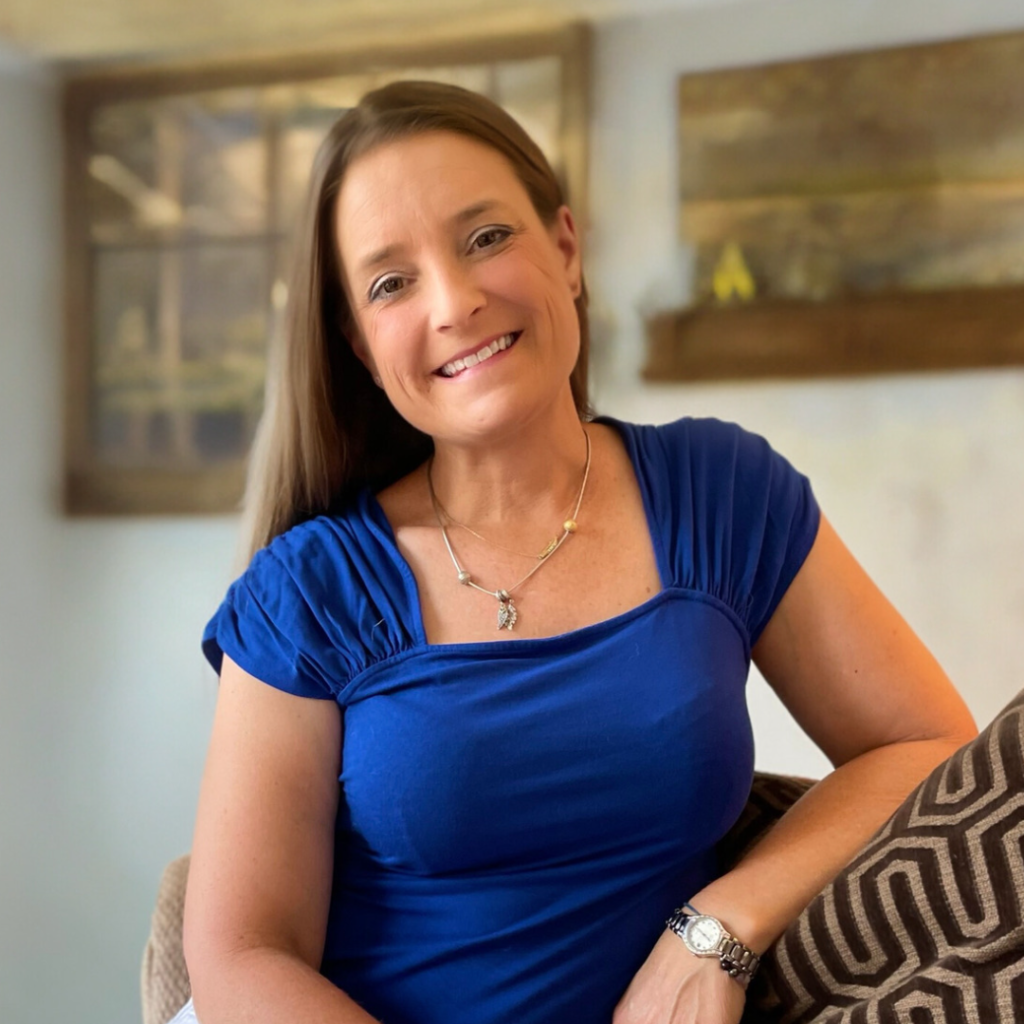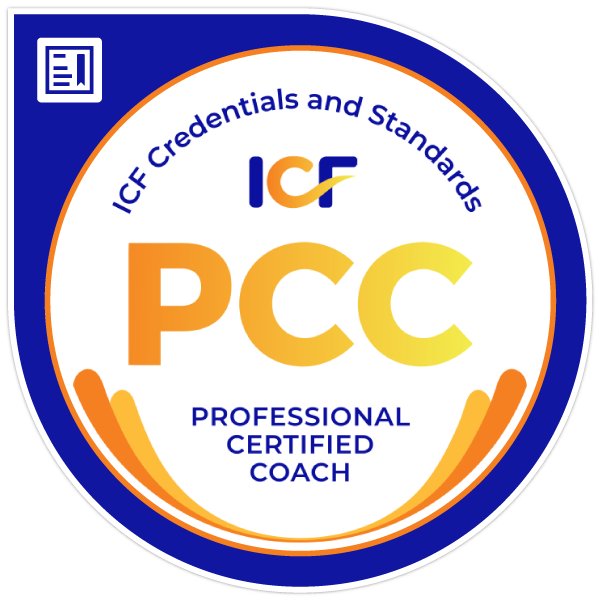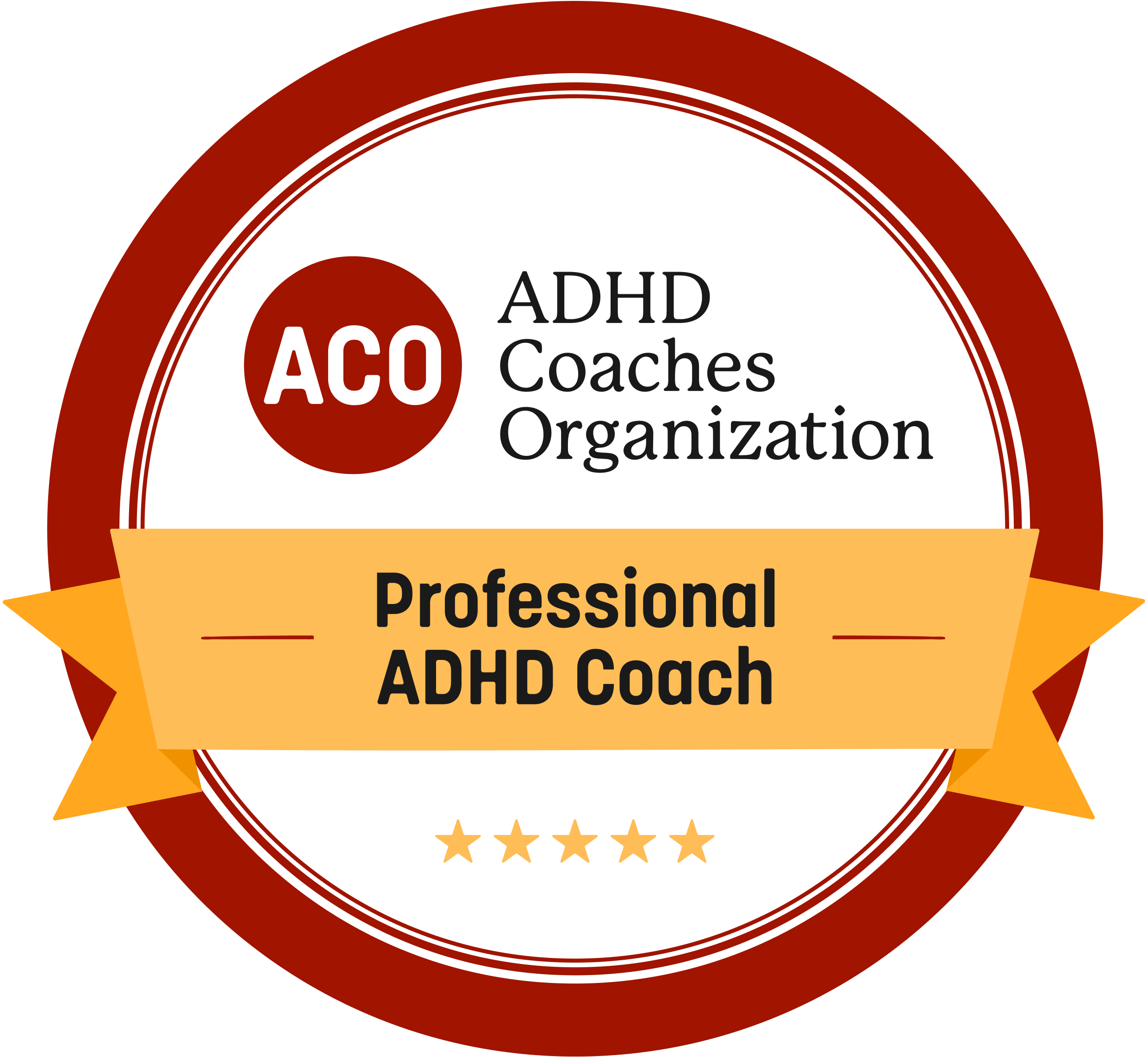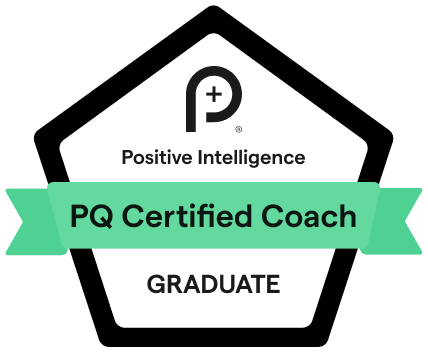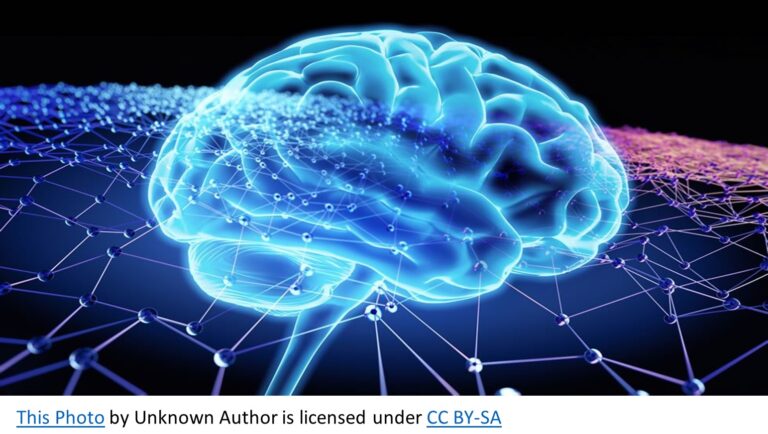
Written By:
Cindy North, CALC
The human brain is a complex and intriguing organ capable of reason and chance opportunity. It encompasses forward thought while maintaining the essential wiring for primitive survival. Neuropathways, think roadmaps, can be re-established after injury and kept over time. Cognitive weakness can be strengthened through challenges to the brain with repetition to re-learn daily tasks or expand knowledge. Stroke patients can re-learn how to talk, walk and write. Doctors can remove entire portions of the brain in young seizure patients without causing death. (Grey, 2019) Incredibly, we would expect everyone to fall into “normal” or become proficient with the same knowledge with so much brain potential. The brain is a frontier still not fully understood by doctors.
The human brain is innately wired from birth to walk, talk and explore. Each mind is uniquely tuned to its own channel with endless possibilities to be who you are at your core. How Many Neurons in the Human Brain? (humanbrainfacts.org) reports the human brain to have approximately 100 billion neurons. (Isaac, 2017) This number of neurons compares to the number of stars making the milky way on a clear summer night. With this number, it is reasonable to believe the human brain to be a frontier unique to each person with endless possibilities. But what happens when there is a disruption in the circuitry? Imagine the control panel in your house- at a press of a button, you lose power. The power goes out in your room when you turn on your computer. How can you figure out what is going on? Do you accept it hoping the power company will turn it back on soon? Do you investigate? Is the power off in just that room or your entire house? Do you survey around you by asking your neighbor if they have electricity to their home? All you wanted was to use your computer. Do you have too much loaded on one breaker? Maybe you need to relocate your computer. Do you have a faulty breaker in your control panel? Perhaps, a rodent chewed the wiring?
Our societal expectation of the human brain is often strict, with little allowance for flexibility. All children are to learn math, science, language arts, and social studies. We are to harness the same ability to perform at standardized levels to be said “proficient and ready” to head off for greatness in the world. But we just learned that our brain has over 100 Billion neurons responsible for action. 100 Billion neurons sounds like a mathematical opportunity for immense difference. What if, similar to the power outage in your home, your brain lacks what it needs to function at its potential and within its capacity? Attention Deficit Hyperactivity Disorder (ADHD) is a brain difference people are born with. ADHD is genetic and not a result of bad parenting. ADHD is not something outgrown. Instead, ADHD is evolving. ADHD is a brain style.
Living with a neuro-difference is challenging without the proper brain chemical balance, strategies, tools, and habits to ease life’s tasks. The ADHD brain works differently and may be lacking or have too much of the chemicals necessary for brain balance or homeostasis. Adders.org states that it takes on average two years before parents get a diagnosis of Attention Deficit Hyperactivity Disorder (International -Combined Key Survey Results FAST FACT: Parents wait an average of two years to get ADHD diagnosis for their child, n.d.) The DMS-V requires a minimum of five symptoms to be present in a minimum of two settings for a minimum of six months. This is a long time to struggle. A long time to pull at strings to self-medicate and fall to the waste side. Many ADHDer’s admit to using caffeine, nicotine, alcohol, or drugs to find relief from ongoing untreated ADHD symptoms. A twin study found “Adolescents with more severe childhood ADHD were more likely to initiate alcohol and marijuana use earlier, escalate to frequent or heavy use, and develop symptoms.” (Europe PMC, 2016)
ADHD medication can make a significant difference in finding relief but requires a trained medical professional to oversee care. Before this can happen, a parent or caregiver and likely a teacher must intervene in getting a diagnosis. “Stimulant use might protect against later drug abuse and alcoholism in children with ADHD by relieving the ADHD symptoms that often lead to substance abuse problems. The earlier the stimulants are started, the lower the potential for substance abuse down the road.” (Watson, 2008) Cognitive Behavioral Therapy has proven to be beneficial for young children displaying signs of ADHD. More times than not, people are going undiagnosed from the lack of knowledge and presence of mental health stigmas. This choice to not seek help is worse than choosing not to wear glasses to see. For anyone who requires eyeglasses to see, you know the clarity prescription glasses provide. ADHD untreated is like struggling to connect the dots with so much to offer. If you could see with precision wearing glasses, would you choose them? If your brain could process interest and settle energy with medication or cognitive training, would you choose it?
You may be wondering what a neurotypical Life Coach is doing coaching ADHDer’s. My Mom journey is complexly layered, coping with neuro-difference in my children daily. My two beautifully minded ADHDer’s have given me a new way to view the world, but this view took changing my perspective and becoming educated. Seeking to treat my son’s ADHD with medication took me four years to peel back. I did not understand the onion before me. At our first parent-teacher conference, I sat with my husband and listened as his first-grade teacher told us he was unhappy and unable to interact with his peers. “Your son is anxious a lot of the day.” She recommended we get him help. This advice felt like a sucker punch to my Mom heart. I thought I had failed my son. My precious sweet boy could not assimilate in a small class of only eight students. What had I done wrong? I blamed myself. The ADHD journey began with so many bumps and potholes along the way. Honestly, as our journey continued, I was afraid of having to go the medication route. I had heard it appointment after appointment. “It may be time to consider trying the medication route.” I would listen and disregard his counselor’s advice again and again with pure fear. I didn’t know what I didn’t know, so I chose to learn.
I feared giving my son something I perceived could be potentially harmful to his young maturing body and mind. I felt an immense responsibility to guard and protect his wellness. I carried his happiness or lack of it on my shoulders. It wasn’t until my therapist asked, “Why do you feel it is your job to make everyone else happy? When did that become a thing?” Wow, what a profound question. Had I really been helping my children be their best selves by micromanaging their every action and mood? I searched and read and tried all the things I could find. I took him to a counselor specialized in Gifted and 2E children starting in first grade. In fourth grade, I took him to a naturopath doctor. The nurse took tubes of blood, and he began an elimination diet which we strictly followed for over a year. I did not choose to accept medication until he was in fifth grade after many scary moments and more counselors.
I still look back at those times and cringe at my lack of understanding of what his brain needed. What he needed was not going to come from practiced tools or strict dieting. His brain was not operating in a way to be able to enact what his counselor told him week after week. He needed brain chemicals that his brain could not make on its own. Now, medicated and finishing out ninth grade with excellent tools and skills to manage his ADHD symptoms, most of the time, I could not be prouder of the fine young man he is. Please do not get me wrong. I have always seen his greatness. Before, though, he was always hanging on by his fingernails. Now he has a stronghold better equipped to tackle the mountains in life. He is still discovering how his ADHD relates to his life needs, but he is open to finding his solutions. That is what makes ADHD Life Coaching so beneficial. Being forward-focused has shifted him towards his ability rather than inability. The fact that I had waited so long to help him with medication still plagues me. Even now, as a Life Coach, I am learning to accept, “we don’t know, what we don’t know.” I am sharing my first personal story with my son’s permission. He hopes that it might help someone else ease their ADHD journey, “In looking back, it’s weird to think I have come all this way.” My daughter’s journey is for another time. And my husbands, too.
My family’s profound qualities have led me to study ADHD and be passionate about slaying the stigma surrounding a brain difference that often leads to great inventions, creations, and big-idea thoughts. Historians believe Thomas Edison had ADHD and Dyslexia, and he invented the light bulb. “Today, historians believe that (Babe) Ruth may have had ADHD. ADHD can make it hard to pay attention, but it can also lead people to focus on a topic they’re deeply engaged with. Maybe this helped Ruth become the “Sultan of Swat.” (From Leonardo da Vinci to Muhammad Ali: Learning and Thinking Differently in History, 2019) Sinbad has openly shared his experiences with his ADHD. He has harnessed his ADHD to delight people with laughter through his improv comedy. “Most of us have this story of not feeling comfortable because of how you were. Now they call it ADHD. I just knew I bounced all over the place. I’m glad I had ADHD… It’s what makes us creative.” (BrainyQuote, 2021)
When you peel back the layers, what will your ADHD greatness be? If you are struggling to seek help, ask yourself, “what am I afraid of?” Then explore what is under that layer- layer by layer, discovering yourself. What are you wanting to cover up in not seeking help? What is at the core of your need? What could life be like if you did not have to live in angst, feeling of boredom, intense mind and body energy, impulsivity, endless thoughts, overwhelm, and forgetfulness? What if you did not have a messy life?
ADHD is a neuro-brain difference that often requires medication, behavioral training to develop tools and habits, and even a trained Life Coach to maintain forward momentum. You can ignite your brain when you establish the basis of what your brain needs to run at full power. Do you choose to ignore a power outage or ask for help and gain the skills to manage your talents and gifts? What choices are you making to operate at full power? You have what you need inside. How have you harnessed your brain difference? Sometimes it takes having someone in your corner believing in you to help you get where you want to be. Dream big… where will you go from here? Your brain has 100 billion neurons. How will you work with what you have? The sky is the limit.
Resources:
Grey, H. (2019, November 26). What Can Happen When You Remove Half a Brain to Cure Epilepsy. Healthline; Healthline Media. https://www.healthline.com/health-news/heres-what-happens-when-you-remove-half-your-brain
Isaac, M. (2017, February 27). How Many Neurons in the Human Brain? Humanbrainfacts.org; humanbrainfacts.org. https://www.humanbrainfacts.org/neurons-in-the-brain.php
Europe PMC. (2016). Europe PMC. Europepmc.org. https://europepmc.org/article/PMC/5818293
International -Combined Key Survey Results FAST FACT: Parents wait an average of two years to get ADHD diagnosis for their child. (n.d.). Retrieved May 13, 2021, from http://www.adders.org/INTERNATIONAL.pdf
Watson, S. (2008, May 27). ADHD and Substance Abuse. WebMD; WebMD. https://www.webmd.com/add-adhd/adhd-and-substance-abuse-is-there-a-link
From Leonardo da Vinci to Muhammad Ali: Learning and Thinking Differently in History. (2019, August 5). Understood.org; Understood. https://www.understood.org/en/learning-thinking-differences/personal-stories/famous-people/historical-figures-who-may-have-had-learning-and-thinking-differences
Sinbad Quotes. (n.d.). BrainyQuote.com. Retrieved May 13, 2021, from BrainyQuote.com Web site: https://www.brainyquote.com/quotes/sinbad_943863

Cindy North is a Certified ADHD Life Coach with specific training in ADHD neurobiology through the iACTcenter and is moving towards continued coach certification with the International Coach Federation. Her passion is guiding the ADHD community to success by empowering others to shine with their abilities.


